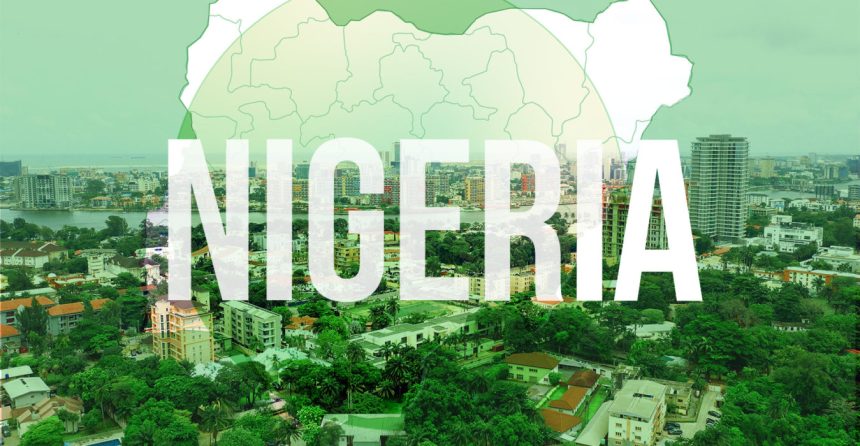As President Bola Tinubu prepares to sign four major tax reform bills into law, Nigeria stands at the edge of a major fiscal shift. These reforms aim to change how people earn, spend, and pay taxes. If passed, they could reshape both personal and business finances nationwide.
A New Direction for Nigeria’s Tax System
The National Assembly has approved four key bills:
•Nigeria Tax Bill 2025
•Tax Administration Bill
•Nigeria Revenue Service (Establishment) Bill
•Joint Revenue Board (Establishment) Bill
These laws mark a shift from outdated tax systems to a modern, fair, and business-friendly model. The goal is to simplify tax collection, improve compliance, and promote fairness.
Senate Majority Leader Opeyemi Bamidele called the move “a departure from archaic systems that hinder growth.” He stressed the need for tax laws that benefit both citizens and businesses.
What’s Changing in VAT?
A major part of the reform is the new Value Added Tax (VAT) sharing formula:
•Federal Government: Reduced from 15% to 10%
•States: Increased to 55%
•Local Governments: Get 35%
The reforms also propose a 60% derivation formula to resolve past legal battles over VAT rights. In simple terms, states and LGAs would keep more of the VAT they generate.
Relief on Essential Goods
The new bills will exempt VAT on essential items like:
•Food
•Education
•Rent
•Healthcare
•Public transport
•Exports and other basic needs
This will help millions of Nigerians deal with rising inflation.
Tax-Free Thresholds and SME Benefits
The Nigeria Tax Bill 2025 merges existing federal tax laws into one clear document. It brings major changes:
•No income tax for people earning up to ₦800,000 yearly
•No company tax for small businesses with less than ₦50 million in revenue
•Development Levy of 4% replaces older taxes like TETFund, but does not apply to small businesses
•Capital gains will now be taxed like company income
More Technology, Better Oversight
The Tax Administration Bill introduces digital tools:
•E-filing
•E-invoicing
•Real-time data sharing
Taxes will be based on where goods and services are used, not where they’re sold. This ensures fairer revenue sharing.
The Federal Inland Revenue Service (FIRS) will become the Nigeria Revenue Service (NRS) with lower running costs. A new independent board and executive vice chairman will lead the agency.
Resolving Disputes Fairly
The Joint Revenue Board Bill will replace the Joint Tax Board. It will coordinate tax policy across the country. It introduces:
•A Tax Ombudsman to handle public complaints
•A stronger Tax Appeal Tribunal to resolve tax disputes
This is expected to reduce multiple taxation and improve public trust in the system.

How It Affects Everyday Nigerians
The reform is designed to help low- and middle-income earners:
•No PAYE tax for those earning less than ₦1 million per year
•Tax breaks for wage awards and transport subsidies
•Fewer levies and easier processes for small businesses
•Reduced paperwork for SMEs
•No stamp duty on rents below ₦10 million
According to Taiwo Oyedele, Chair of the Presidential Fiscal Policy and Tax Reforms Committee, this is “the first reform that truly benefits the average Nigerian.”
A Boost for Local Economies
The changes could bring down the cost of essential goods and promote local industries. Small businesses will save more, while states and LGAs will get better funding.
If properly implemented, the reforms could:
•Increase disposable income
•Encourage job creation
•Improve tax transparency
•Build a more inclusive economy
Final Thoughts
These reforms offer real hope. But their success depends on execution. Poor rollout could hurt the very people it aims to help. However, with proper planning and oversight, Nigeria could be on the path to lasting economic recovery.
All eyes now turn to President Tinubu, whose assent will mark a new chapter in Nigeria’s tax history.



